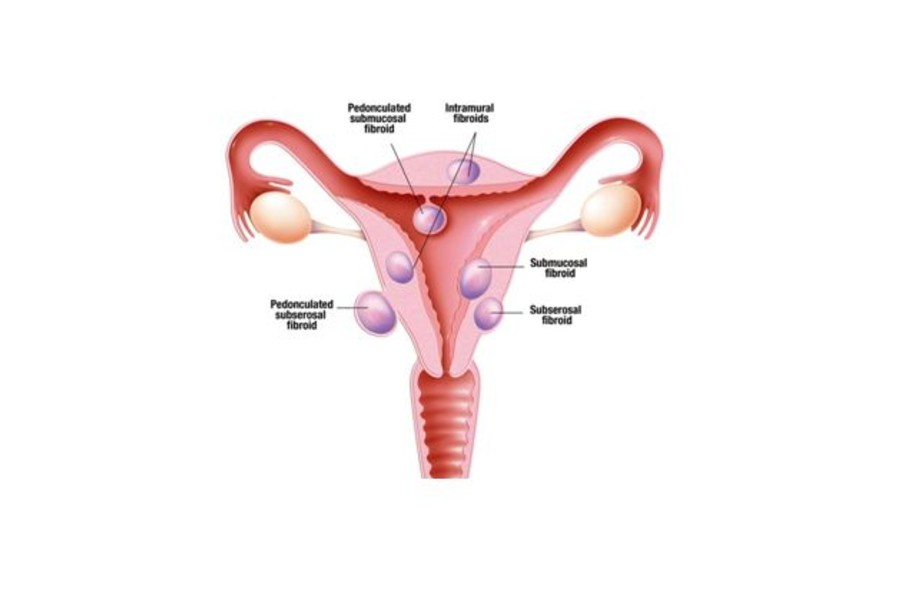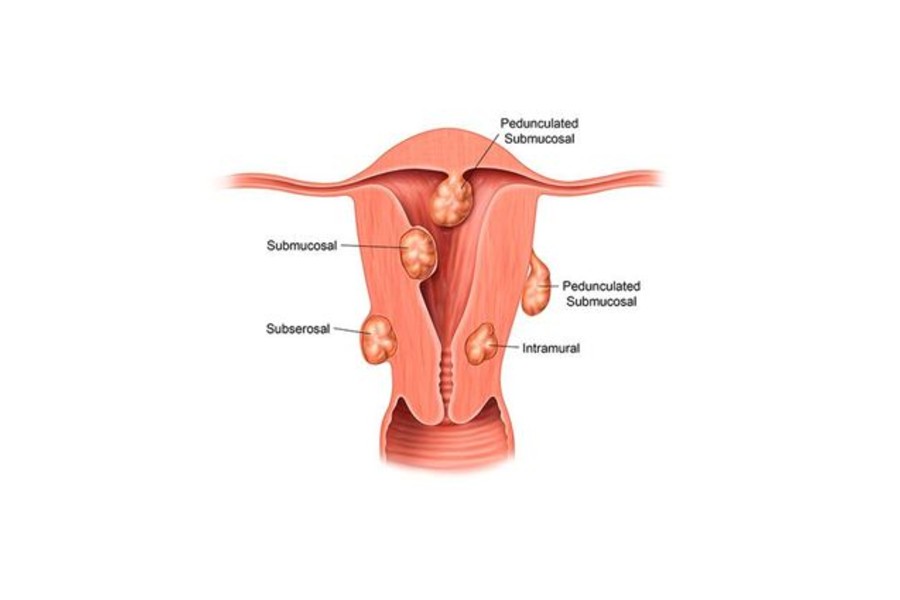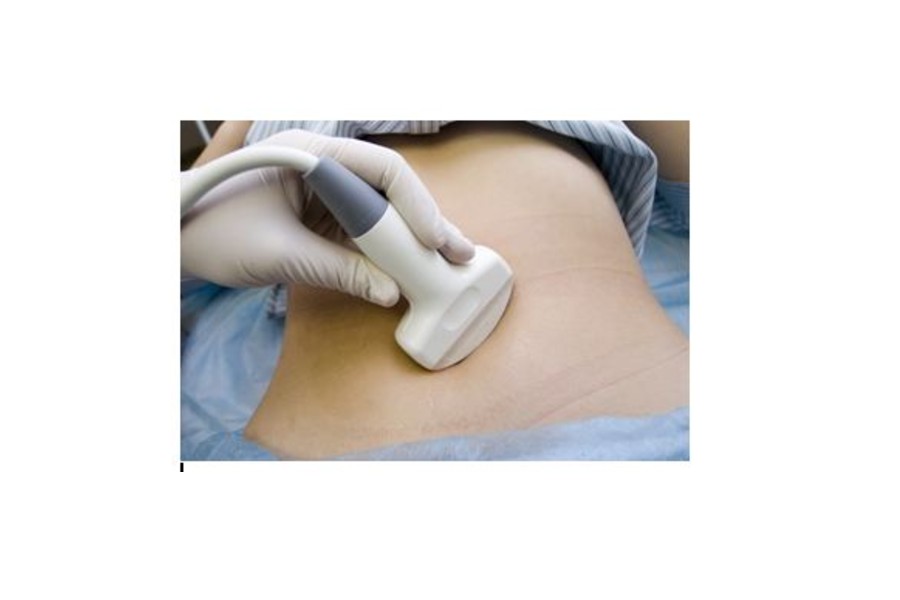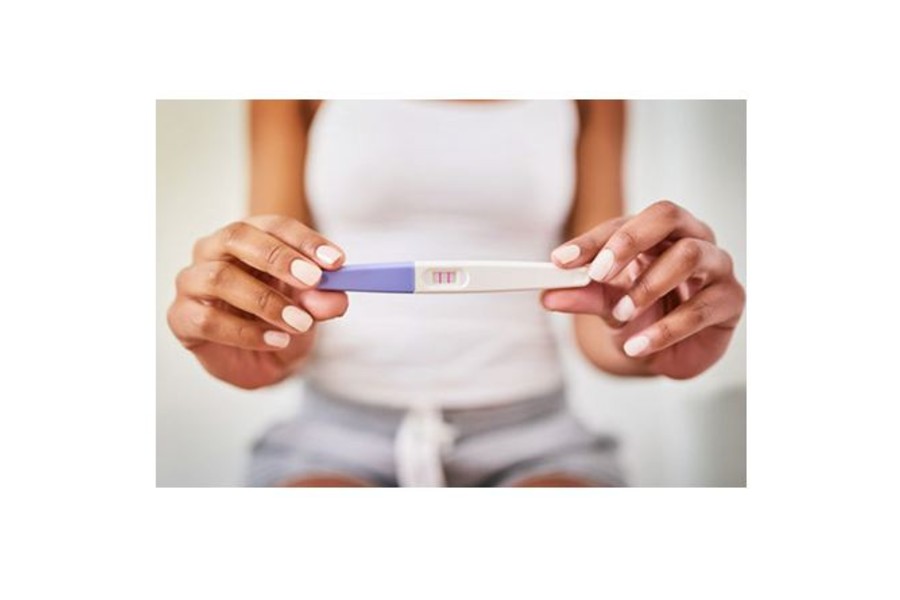Best Fibroid Surgeon in Dubai, UAE
Are you searching for the most skilled and trusted fibroid surgeon in Dubai, UAE? Your journey towards optimal health and well-being starts here at Dr Alphy S Puthiyidom. We understand the significance of finding a capable specialist when it comes to fibroid-related concerns. That's why we are proud to introduce you to the finest fibroid surgeon in Dubai, dedicated to providing world-class care and tailored solutions for fibroid management. In this article, we will delve into the qualifications, expertise, and commitment of our esteemed fibroid surgeon, ensuring that you make an informed decision regarding your health.
Can fibroids decrease fertility?
Approximately 5% – 10% of infertile women have fibroids. Their size and location determine whether fibroids affect fertility. Examples include fibroids that are inside the uterine cavity (submucosal) or very large (>6 cm in diameter) within the wall of the uterus (intramural).
Studies show that in most cases, it is only submucosal fibroids which protrude into the uterus that may affect fertility. There are exceptions including large fibroids that block the openings of fallopian tubes into the uterus.
Most women with fibroids will not be infertile. Women with fibroids and their partners should be thoroughly evaluated to find other problems with fertility before fibroids are treated. A fertility specialist can help assess if fibroids might be hampering conception.

How do fibroids cause infertility?
There are several ways uterine fibroids can reduce fertility:
Changes in the shape of the cervix can affect the number of sperm that can enter the uterus.
Changes in the shape of the uterus can interfere with the movement of the sperm or embryo.
Fallopian tubes can be blocked by fibroids.
They can impact the size of the lining of the uterine cavity.
Blood flow to the uterine cavity can be affected. This can decrease the ability of an embryo to stick (implant) to the uterine wall or to develop.
How do Submucous or intracavitary fibroids interfere with fertility?
For successful embryonic growth and development, the uterus must be free of large polyps or fibroids.
This is because once an egg is fertilized, the embryo must travel through the fallopian tube and embed in the uterine lining or endometrium. Since the embryo implants in the endometrial layer, it must be thick and vascular to provide nutrients essential for embryonic development.
Fibroids directly below the uterine lining can cause infertility. These fibroids take up valuable space in or beneath the cavity of the uterus and limit the blood supply to the foetus, preventing pregnancy or causing miscarriages. In fact, these fibroids may mimic the function of an intra-uterine contraceptive device (“loop”).

What investigations can be carried out to ensure fertility is not affected?
An ultrasound scan can help in assessment of size, numbers and location of fibroids in relation to the uterine cavity and fallopian tubes.
Hycosy (Hystero-SalpingoContrast Sonography) scan is where a contrast in injected into the uterine cavity and visualized on scan coming out of the fallopian tubes. This helps in more accurate assessment of uterine cavity and tubal patency.
Hysteroscopy is direct visualization of uterine cavity with an endoscope. This is a gold-standard for assessment and treatment of submucous fibroids to normalize the uterine cavity. This procedure is called as Trans Cervical Resection of Fibroid (TCRF) or Hysteroscopic Myomectomy.
Laparoscopy can help in assessment of the fibroids in relation to the fallopian tubes and also feasibility for Laparoscopic Myomectomy.

Should I get treatment for my Fibroids to Improve my Fertility?
Treatment for fibroids should be based on your individual situation such as the severity of your symptoms and whether there may be other explanations for your infertility. You and your partner should both have a thorough fertility evaluation and discuss the issue with your doctor. While there are many treatment options, often minimally invasive, can eliminate any given fibroid permanently. Other treatments like HIFU, embolization or medications can often make a given fibroid smaller, but sometimes only temporarily. There is also disagreement over whether treatment will improve your fertility.
What can be done to treat these fibroids?
Fibroids do not usually need to be removed unless in above circumstances. If surgery is needed, the best outcomes are associated with minimally invasive or endoscopic surgery. Submucous fibroids can be removed by Hysteroscopic Myomectomy. This is a simple day surgery procedure which is performed through natural passage of the cervix and no cuts are required. Larger fibroids can often be removed through Laparoscopic Myomectomy.
Is pregnancy outcome better after a myomectomy?
There is some evidence that Myomectomy is associated with improved pregnancy and fertility outcome. This is dependent on various factors such as previous history, location and size of fibroids.
You have been diagnosed with fibroids. You want children. What next?
If you have fibroids and are trying to get pregnant, it is important to discuss with your doctor / fibroid specialist .It’s important to know whether the fibroids are in places that might prevent you from getting pregnant or are in places that could cause complications in pregnancy. If these situationsoccur,your doctor will explain to you about different treatment options which suit your condition.

In your quest for the best fibroid surgeon in Dubai, UAE, look no further than Dr. Alphy S Puthiyidom. We have unveiled the exceptional capabilities and unwavering dedication of our fibroid surgeon, making them the top choice for fibroid treatment in the region. With a commitment to excellence and a focus on personalized care, our surgeon stands as a beacon of hope for those seeking relief from fibroid-related issues. Don't hesitate to reach out and take the first step towards a healthier, fibroid-free life. Your well-being is our priority, and our fibroid surgeon is here to guide you every step of the way.


